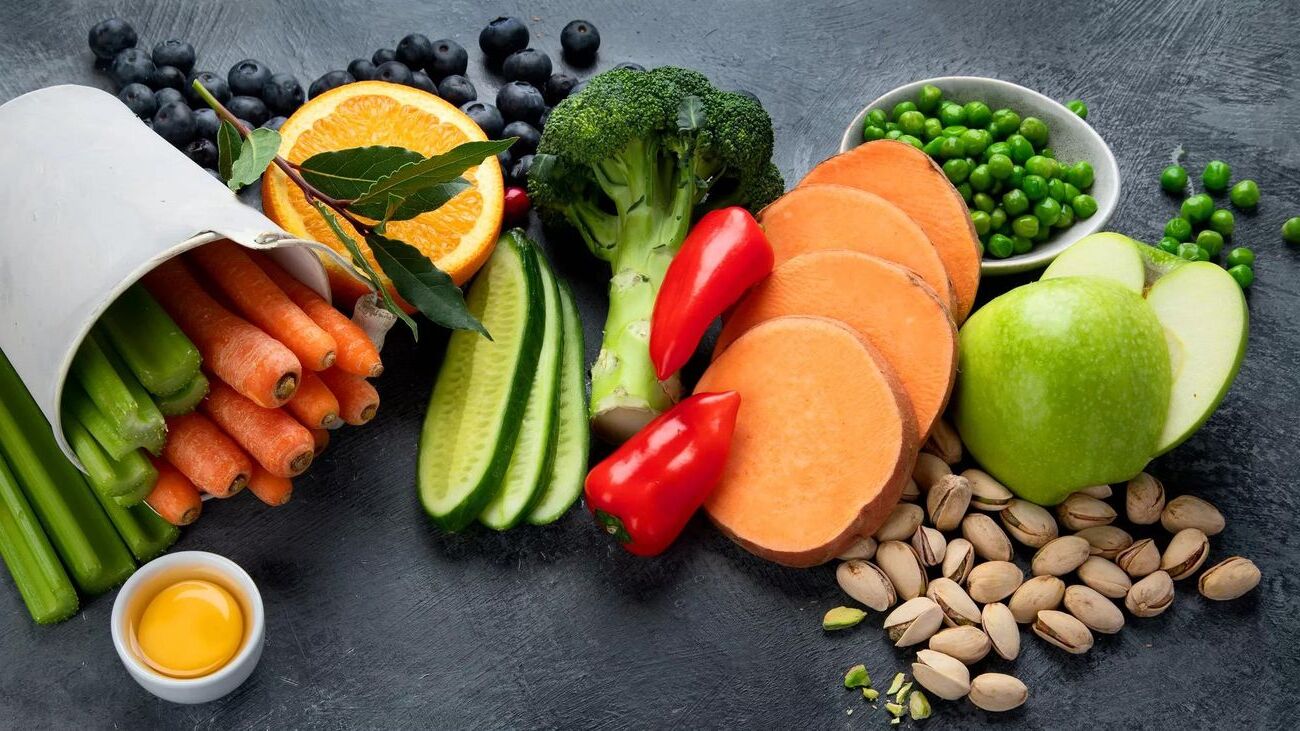
Lutein is a powerful antioxidant found in many fruits and vegetables, especially leafy greens like spinach and kale. But what exactly does it do for your body? Lutein plays a crucial role in maintaining eye health, protecting against age-related macular degeneration and cataracts. It also supports brain function and may improve cognitive performance. Beyond that, lutein helps keep your skin healthy by filtering harmful blue light and reducing oxidative stress. Curious about how to get more of this nutrient in your diet? Foods rich in lutein include eggs, corn, and orange peppers. Ready to learn more? Dive into these 24 fascinating facts about lutein and discover why it’s essential for your well-being.
Key Takeaways:
- Protect your eyes and overall health by including lutein-rich foods like kale, spinach, and egg yolks in your diet. Lutein supplements can also enhance eye protection and cognitive function.
- Lutein, the "eye vitamin," not only supports vision but also benefits skin, cognitive health, and may even have a protective effect against certain types of cancer. Remember to consume it with dietary fats for better absorption.
What is Lutein?
Lutein is a type of carotenoid, a natural pigment found in various plants and vegetables. Known for its antioxidant properties, lutein plays a crucial role in maintaining eye health and overall well-being.
- Lutein is a yellow to orange pigment found in leafy greens, corn, and egg yolks.
- It belongs to the carotenoid family, which includes other pigments like beta-carotene and lycopene.
- The human body cannot synthesize lutein; it must be obtained through diet or supplements.
Health Benefits of Lutein
Lutein is renowned for its numerous health benefits, particularly for the eyes. However, its advantages extend beyond vision.
- Lutein helps filter harmful blue light, protecting the retina from damage.
- It reduces the risk of age-related macular degeneration (AMD), a leading cause of blindness in older adults.
- Lutein may improve visual acuity and contrast sensitivity, enhancing overall vision quality.
- It has anti-inflammatory properties, which can benefit eye health and reduce the risk of chronic diseases.
- Lutein supports skin health by protecting against UV-induced damage and improving skin hydration.
- It may boost cognitive function and slow cognitive decline in older adults.
Sources of Lutein
Incorporating lutein-rich foods into your diet is essential for reaping its benefits. Here are some excellent sources of lutein.
- Kale is one of the richest sources of lutein, with about 39 mg per 100 grams.
- Spinach also provides a significant amount of lutein, containing around 12 mg per 100 grams.
- Egg yolks are a convenient source of lutein, with about 0.3 mg per yolk.
- Corn is another good source, offering approximately 1.5 mg per 100 grams.
- Orange peppers contain about 1.2 mg of lutein per 100 grams.
- Zucchini provides around 2.2 mg of lutein per 100 grams.
Lutein Supplements
For those who struggle to get enough lutein from their diet, supplements can be a helpful alternative.
- Lutein supplements are available in various forms, including capsules, soft gels, and powders.
- The typical dosage for lutein supplements ranges from 6 to 20 mg per day.
- Lutein supplements are often combined with zeaxanthin, another carotenoid that supports eye health.
- Studies suggest that taking lutein supplements can increase macular pigment density, enhancing eye protection.
Interesting Facts About Lutein
Lutein has some fascinating aspects that go beyond its health benefits and sources.
- Lutein is often referred to as the "eye vitamin" due to its crucial role in maintaining vision.
- It is also found in the brain, where it may contribute to cognitive health.
- Lutein's antioxidant properties help neutralize free radicals, reducing oxidative stress in the body.
- Some studies indicate that lutein may have a protective effect against certain types of cancer.
- Lutein is fat-soluble, meaning it is better absorbed when consumed with dietary fats.
Final Thoughts on Lutein
Lutein, a powerful antioxidant, plays a crucial role in maintaining eye health. Found in leafy greens, eggs, and various fruits, this nutrient helps protect against age-related macular degeneration and cataracts. Regular consumption of lutein-rich foods can improve vision and overall eye function. Beyond eye health, lutein also supports brain function and skin health, making it a versatile addition to your diet.
Incorporating lutein into daily meals is simple. Add spinach to smoothies, enjoy a salad with kale, or snack on oranges. Supplements are also available for those who may not get enough from food alone.
Understanding the benefits of lutein and making conscious dietary choices can lead to better health outcomes. Keep an eye on your lutein intake and enjoy the benefits of this essential nutrient.
Frequently Asked Questions
Was this page helpful?
Our commitment to delivering trustworthy and engaging content is at the heart of what we do. Each fact on our site is contributed by real users like you, bringing a wealth of diverse insights and information. To ensure the highest standards of accuracy and reliability, our dedicated editors meticulously review each submission. This process guarantees that the facts we share are not only fascinating but also credible. Trust in our commitment to quality and authenticity as you explore and learn with us.
